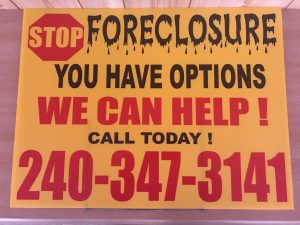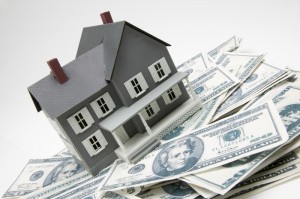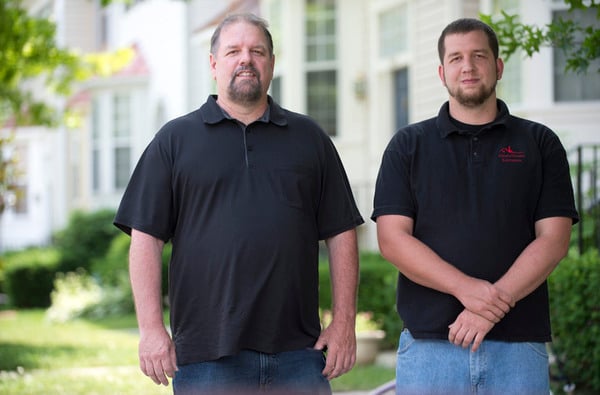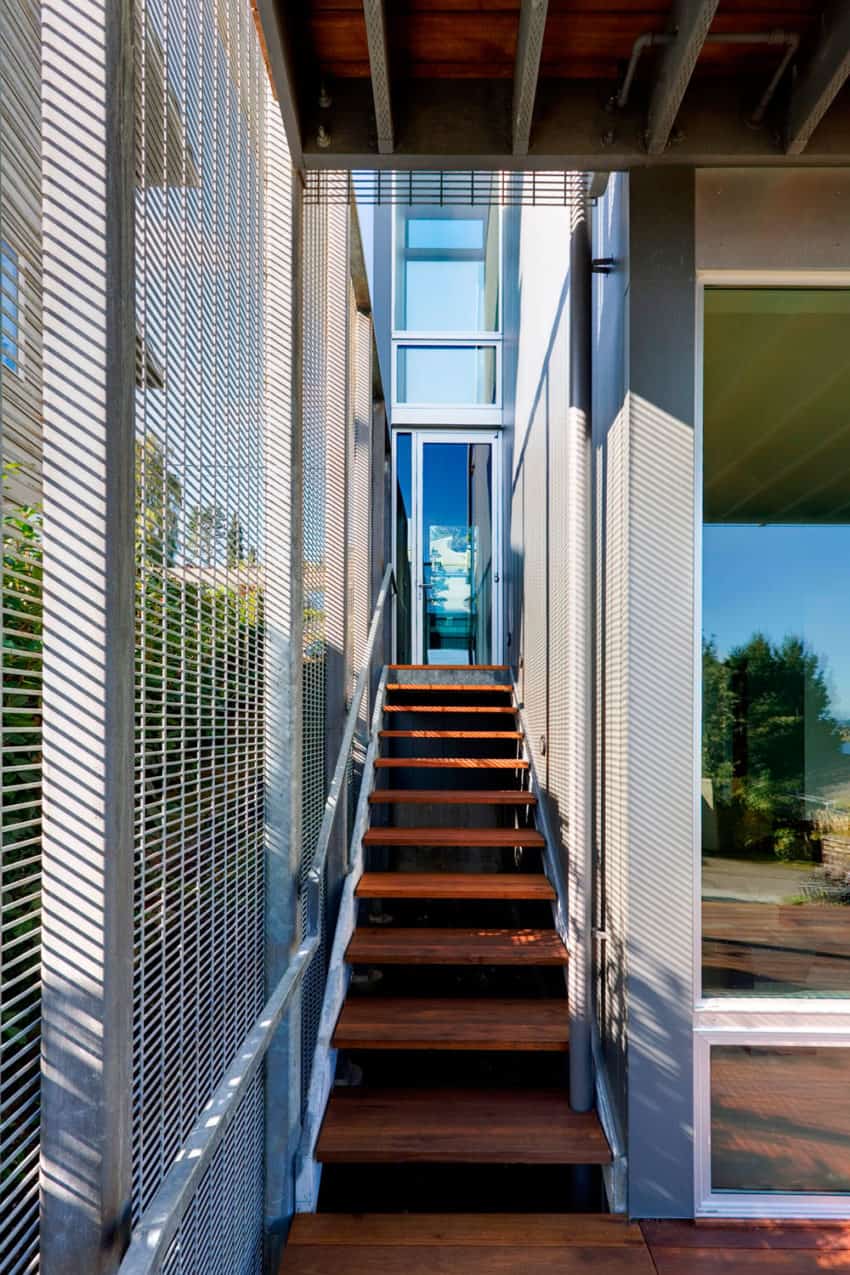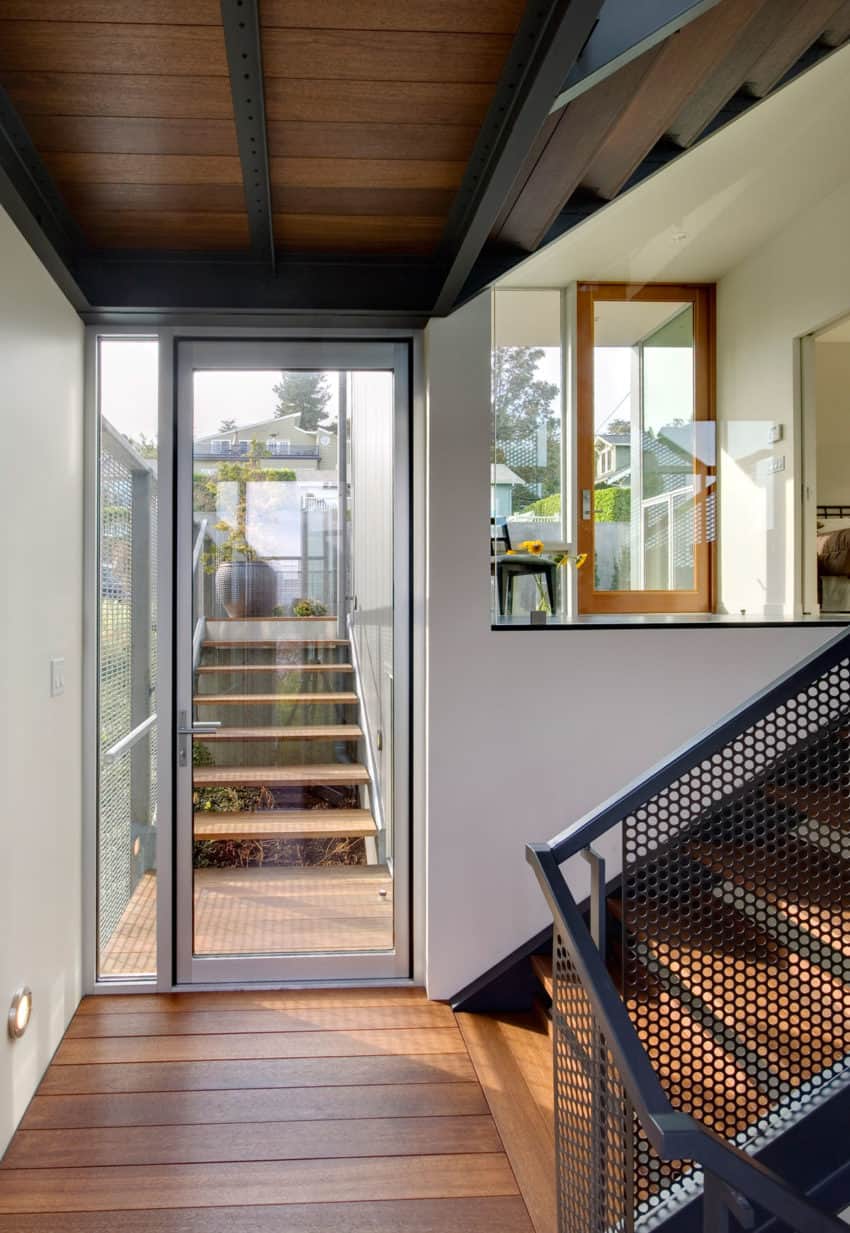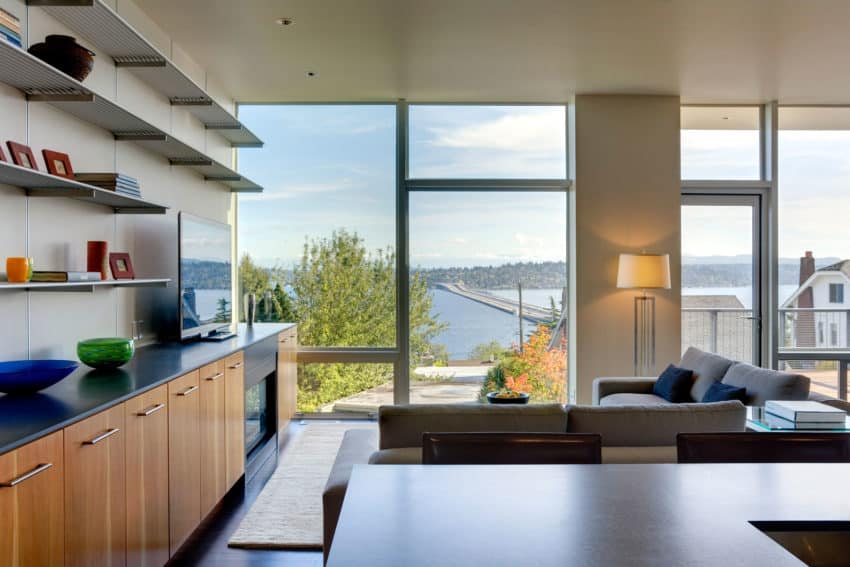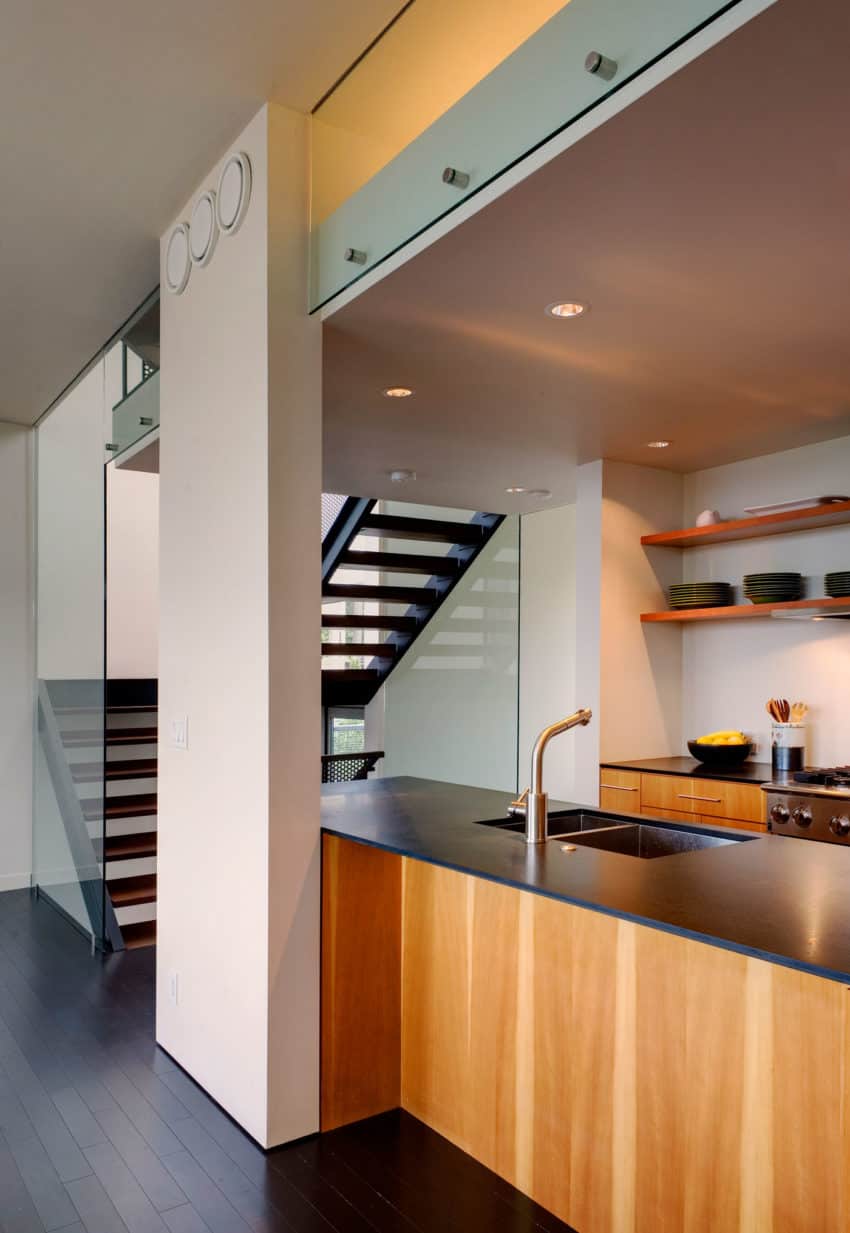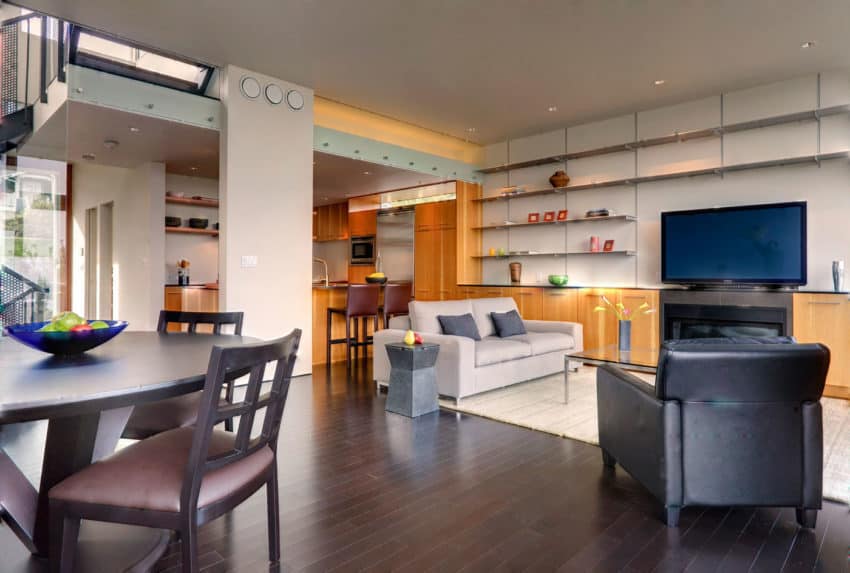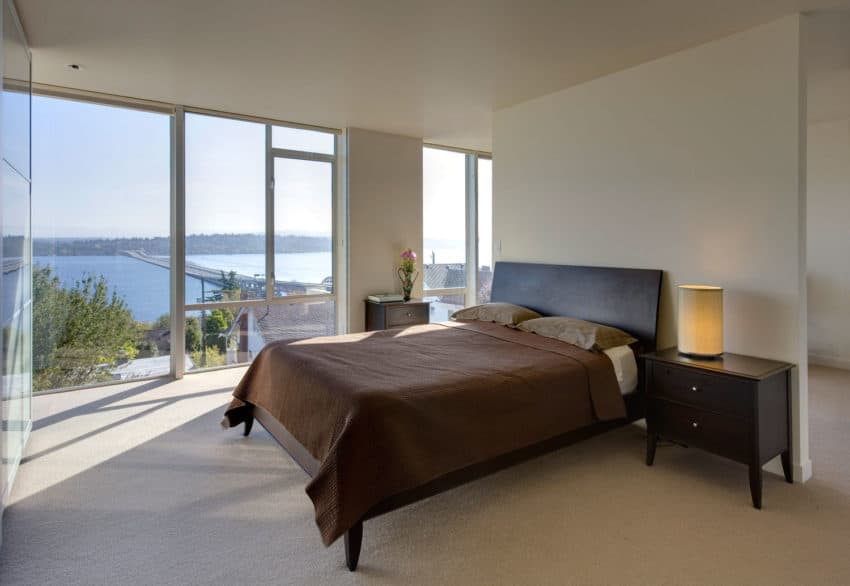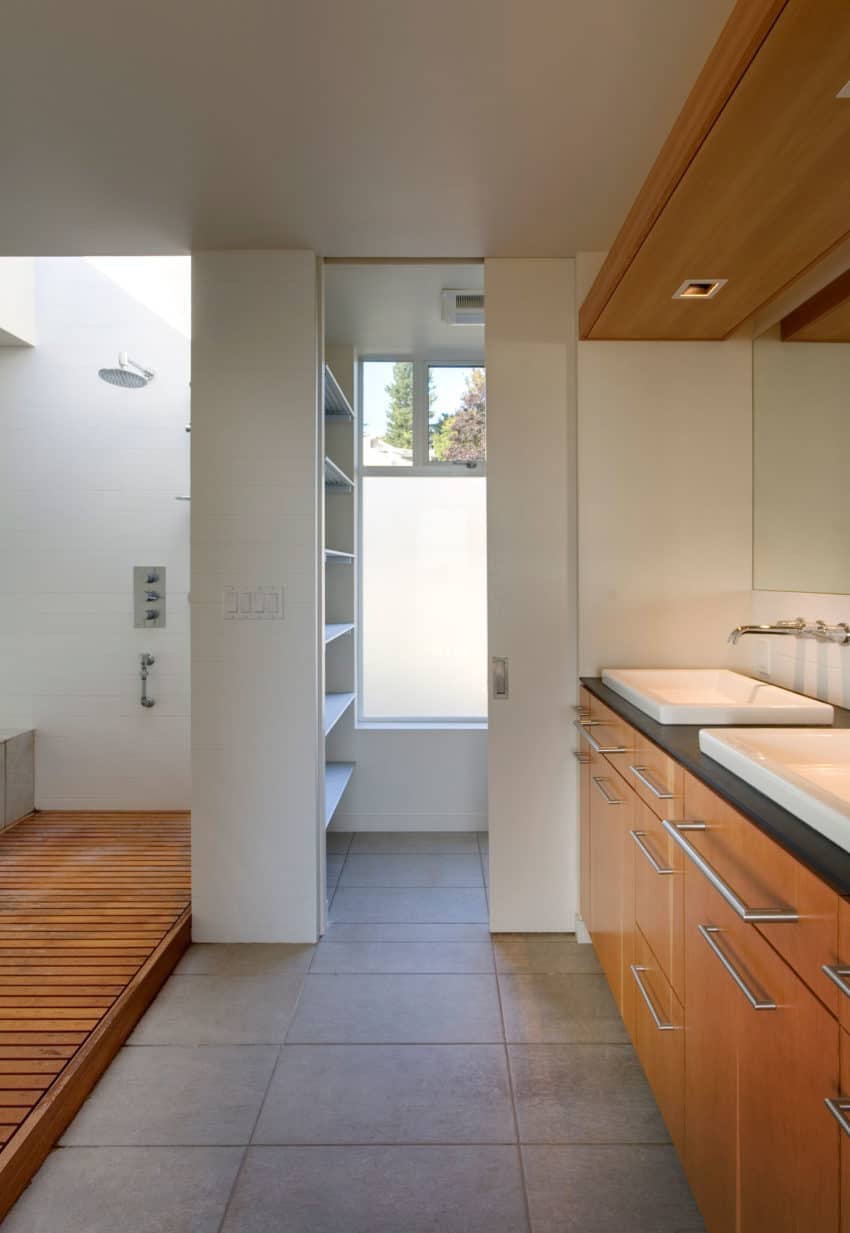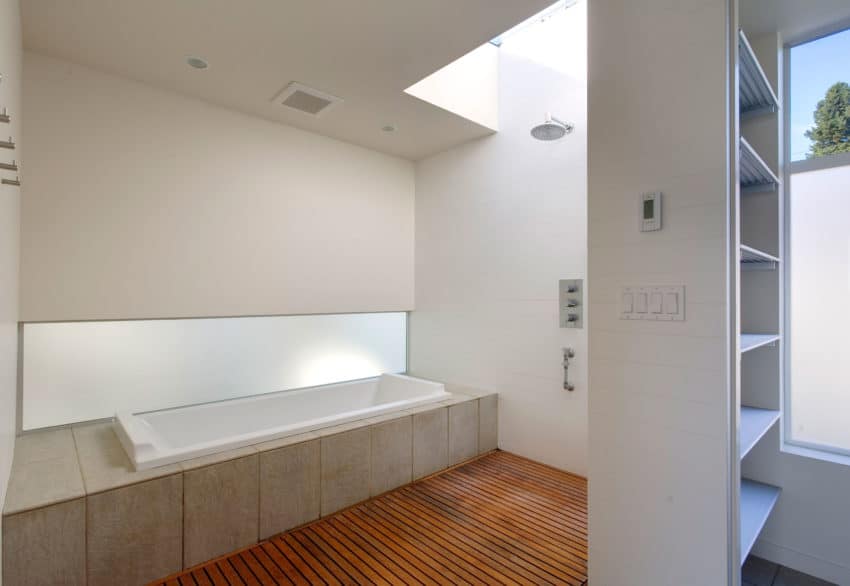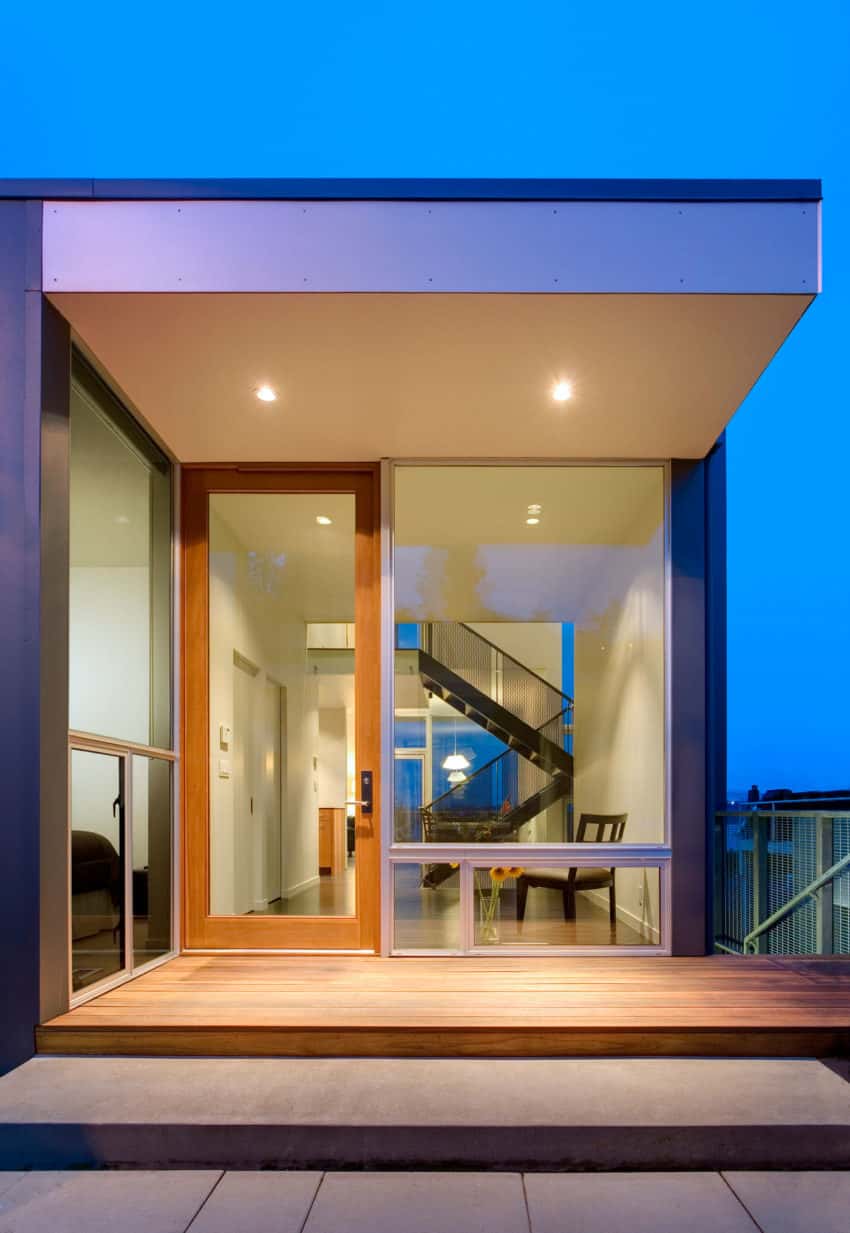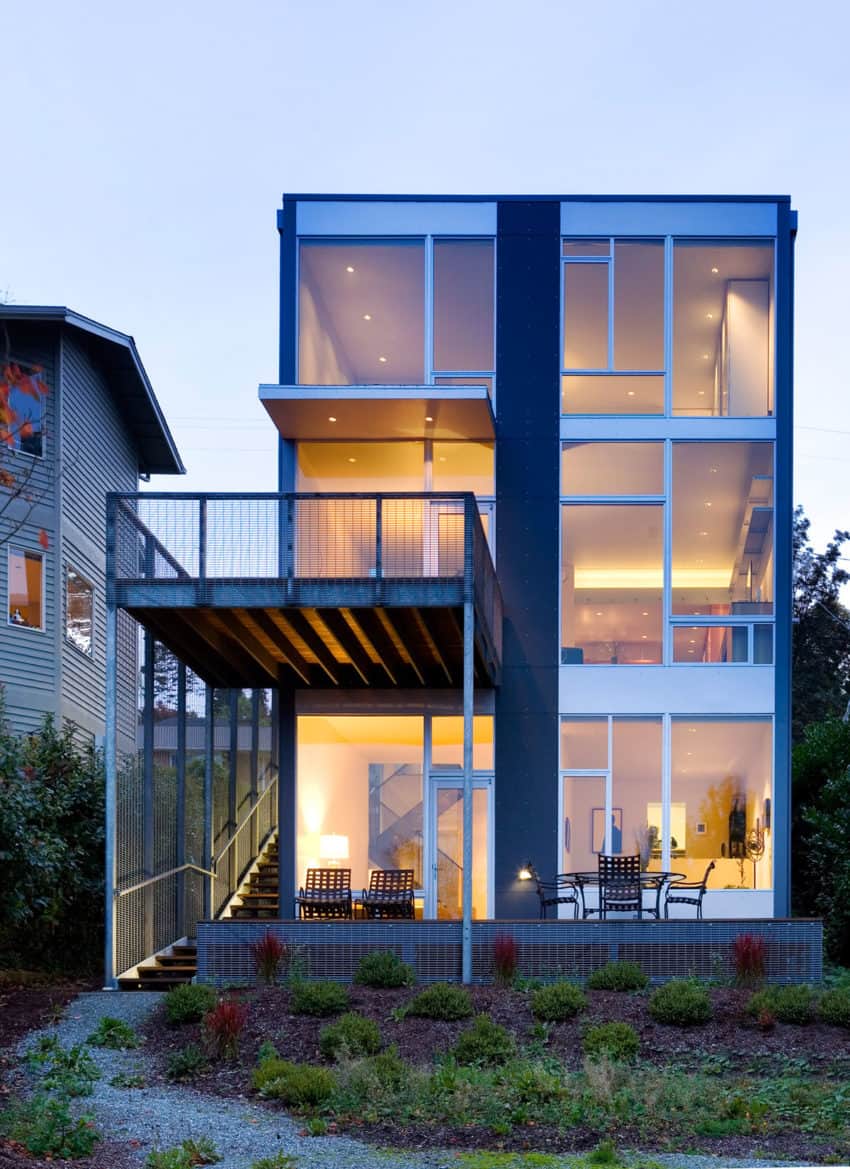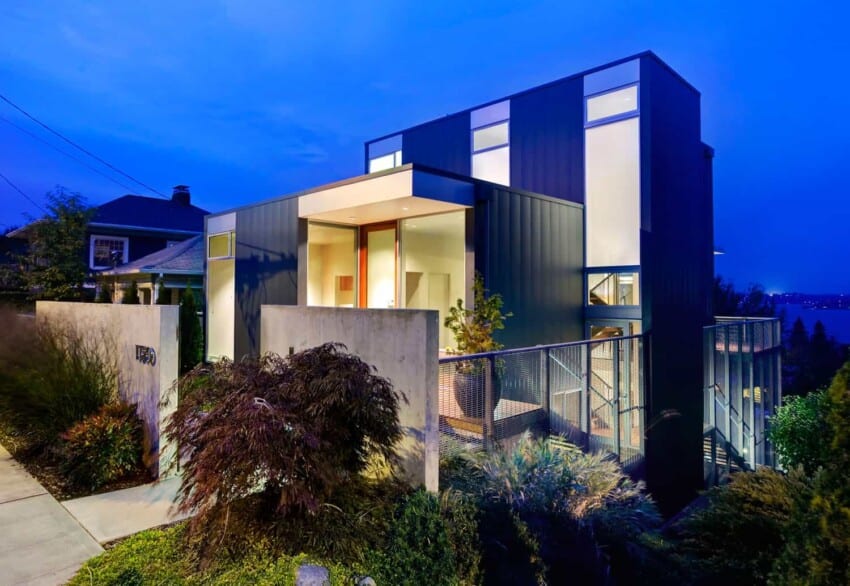Let’s say you’re a veteran renter and you’re getting tired of seeing your money go straight to your landlord’s bank account. You want to start building value in a home of your own and the thought of buying a house is becoming more and more tempting.
Should you do it?
It depends. Homeownership isn’t a sure path to building wealth if you’re using a mortgage like most homebuyers do. The truth is: You’ll be paying a lot and not getting anything in return in the form of mortgage interest, mortgage insurance, property taxes, property insurance, homeowners association fees and home maintenance. All of that money simply vanishes – the only part that actually builds wealth for you is the tiny fraction of your mortgage payment that goes toward your balance.
There are actually many financial and life situations where renting is by far the better deal, just as there are many financial and life situations where buying is the better deal.
One great step to take is to use this handy “rent versus buy” calculator. It’s a spectacular tool for helping you run the numbers and figure out if you’re ready to buy a home on paper. But on paper is just part of the story. Are you really ready for homeownership? Do the realities of your life make you ready?
Ask yourself these questions before deciding.
Q: Are you planning to live in the area long term?
During the first few years of a mortgage, homeowners build very little equity in their home. The portion of their mortgage payment that actually goes toward the principal of their mortgage is tiny, meaning that after a few years, you still only own a tiny fraction of your home.
Thus, if you’re only planning on living in the area for a short while, you’re almost always better off renting. The value of home ownership doesn’t reveal itself until you’ve lived there for a while.
Q: Am I able to save a significant amount each month for a down payment?
Homeownership comes with many more costs than does renting. As a renter, virtually your only bills for your living space include rent, utilities and renters insurance. If you’re a homeowner, you’re contending with your mortgage bill, mortgage insurance, property taxes, homeowners insurance, homeowners association fees and all of the maintenance costs that come with a home.
If, as a renter, your financial state is so tight that you’re unable to save much each month for a down payment, then the costs of homeownership would likely stretch your budget substantially beyond what you can afford. The ability to save a significant amount each month for a down payment is a great litmus test as to whether your finances are ready to deal with the costs of homeownership.
Q: How will my commuting costs change?
Quite often, you’ll find people who are renting properties that are fairly close to where they work, but then buy a home that’s far from work.
If buying a home means you’ll no longer be able to walk or bike to work, your commuting costs are about to skyrocket. Even if you can take mass transit from your new location, you’re still going to be footing the bill. Your reliance on a car may now go up, if your move puts you farther from grocery stores and other necessary amenities.
Include the cost of transportation changes in your calculations or else you may find yourself in a very rough spot.
Q: Am I overreaching?
Even after thinking through these questions, people still often fall in love with a home that’s simply beyond their budget. If they dive in, they may find themselves walking the tightrope for many years as they deal with the burden of an enormous mortgage and high additional expenses.
Yes, this can pay off if everything goes perfectly, but when is life perfect? If you’re buying for the first time, you’re far better off in a reasonably priced home that will still grow in value while giving you some financial breathing room as you learn the ins and outs of being a homeowner. You can certainly jump to the “dream home” later, but don’t make it your first move after renting.
Q: Do I have the time?
If you constantly find yourself pressed for time as a renter, it’s not going to get better when you move into a house that has maintenance and lawn care needs, which you’ll be solely responsible for.
Does your current schedule afford you the time to deal with tackling home repairs, mowing the lawn and tending to the greenery? If not, you should be very careful when you consider moving into a home, particularly one that belongs to a homeowners association.
Homeownership can be a very expensive proposition and it’s easy to make big missteps early on by jumping in before you’re financially ready. Take the time to make the right choice when it comes to the biggest financial decision of your life.

